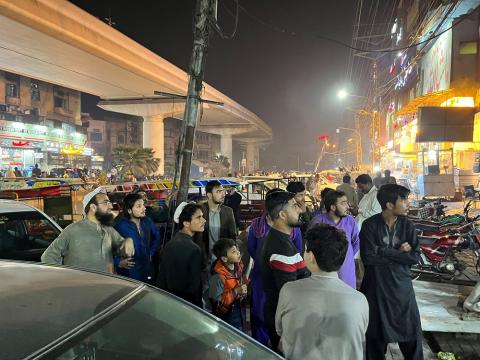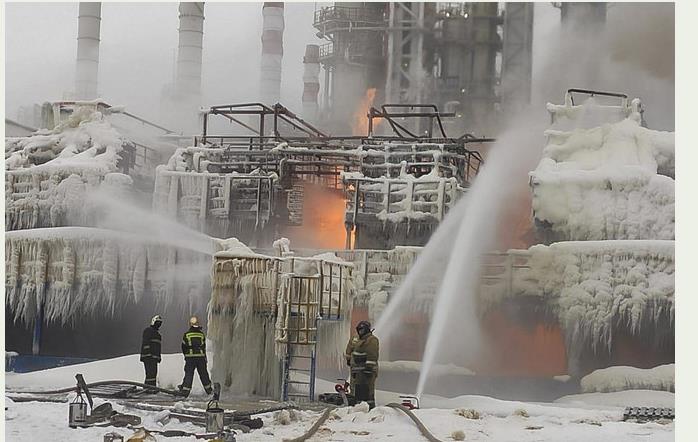
“Digital authoritarianism has become deeply entrenched across the Middle East and North Africa” —Marwa Fatafta, MENA policy manager at Access Now
LONDON: A new report by Access Now launched on Thursday revealed that in 2021, authorities deliberately shut down the internet at least 182 times across 34 countries, including at least 23 shutdowns in nine countries in the Middle East and North Africa.
Access Now is a non-profit organization launched in 2009 to defend and extend the digital civil rights of people around the world.
“Authorities shut down the internet to shut down democracy,” said Felicia Anthonio, campaign manager at Access Now.
“These vicious weapons of digital dictatorship were wielded at least 182 times in 2021, disrupting not only everyday life, but attacking critical moments in a nation’s epoch — during protests, wars, and elections. That’s 182 times a leader decided to deliberately silence a people instead of empowering them to speak.”
The main findings of the report stipulate that authorities in nine MENA countries — Algeria, Iran, Iraq, Jordan, Oman, Palestine, Sudan, Syria, and Yemen, shut down the internet at least 23 times in the past year.
Sudan and Iran each shut down the internet at least five times, claiming the highest number of shutdowns in the region, with the majority of disruptions clearly aimed at silencing dissent.
Similarly, Palestine and Yemen were impacted by shutdowns resulting from attacks on telecommunications infrastructure and disruptions coordinated with escalations in military activity.
Sudanese authorities shut down the internet on at least five occasions in 2021, including for almost a month following the military coup in October 2021.
Meanwhile, Algeria, Iraq, Jordan, Sudan, and Syria have continued their annual practice of shutting down the internet during national schools exams to prevent students from cheating.
“Digital authoritarianism has become deeply entrenched across the Middle East and North Africa,” said Marwa Fatafta, MENA policy manager at Access Now.
“Last year, internet shutdowns were the go-to response for Arab governments whenever they didn’t like what was happening around them — when people protested, when communities resisted, and simply whenever they wanted to assert authority or seize power.”
The organization observed various trends for shutting down the internet, including but not limited to, shutdown during protests, elections, political turmoil, in conflict-affected contexts, and during exams.












